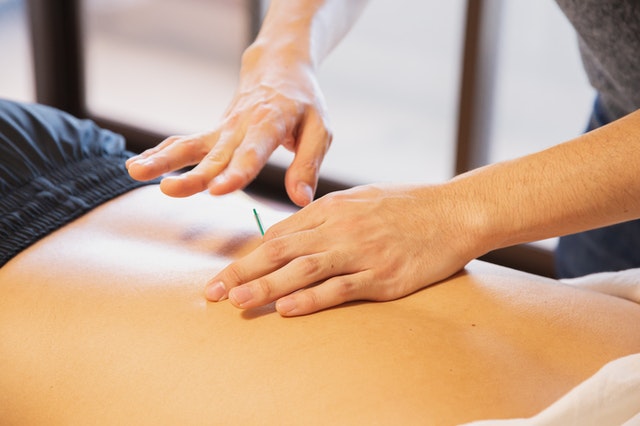If you suffer from chronic muscle pain, you might have come across dry needling and acupuncture. Naturally, both dry needling and acupuncture practitioners use stainless needles and insert them into specific points of the body. But that’s about where the similarities end for these procedures. Interested in the differences between dry needling vs. acupuncture? Read on to find out which therapy is right for your condition.
Dry Needling vs. Acupuncture
Purpose
Dry needling is meant to soothe any pain or spasms in your muscles. The needles are “dry” because they don’t inject any fluids into your body. A practitioner will insert these needles into trigger points, which are essentially tender or knotted muscles.
Acupuncture eases a wide variety of ailments, usually within the body or mind. Insomnia, depression, digestive issues, and stress are some of the most common conditions that patients come for. An acupuncturist will insert these needles along “meridians,” which represent your internal organs.
Novelty
Dry needling is a relatively new practice based on Western medicine, which was established in the 1980s.
Acupuncture has a foothold in Traditional Chinese Medicine, which has existed for about 3000 years. The underlying belief behind acupuncture is that it opens up your energy flow, known as Qi.
Guidelines and Certifications
Since dry needling is a newer practice, there are currently no safety guidelines for practitioners. No regulatory agency requires a dry needling practitioner to go through extensive training or licensure. While there is training available for this therapy, you have no way to determine whether or not a practitioner’s training is adequate. However, there are licensed specialists, like physical therapists, who have degrees in healthcare and may receive training on this procedure.
Acupuncture, on the other hand, requires training, licensure, and supervision. In order to learn how to use needles and diagnose conditions, acupuncturists must train for three to four years under a senior practitioner. To receive certification, acupuncturists must go through the National Certification Commission for Acupuncture and Oriental Medicine (NCCAOM). The NCCAOM’s programs are certified by the National Commission for Certification Agencies (NCCA). Furthermore, acupuncturists must take courses each year to maintain their license.
Additionally, the American Medical Association (AMA) accepts acupuncture as a medical treatment. As a result, your insurance may cover the cost of your treatment—be sure to check with your provider!
Which One is Right For You?
In the debate over dry needling vs. acupuncture, the treatment you should choose largely comes down to your comfort level. Acupuncturists receive oversight from national regulatory agencies such as the NCCAOM, which could pin it down as a safer option. Dry needling is a novel treatment option that isn’t regulated at all. However, the documented side effects are similar to those of acupuncture—temporary bruising, bleeding, or soreness—as long as the needles are sterile.
At South Florida Acupuncture, our licensed acupuncturists treat your body as a whole. Our goal is to pinpoint the root cause of your condition, whether you have chronic pain, migraines, or energy loss.

